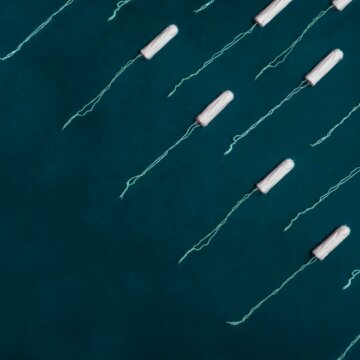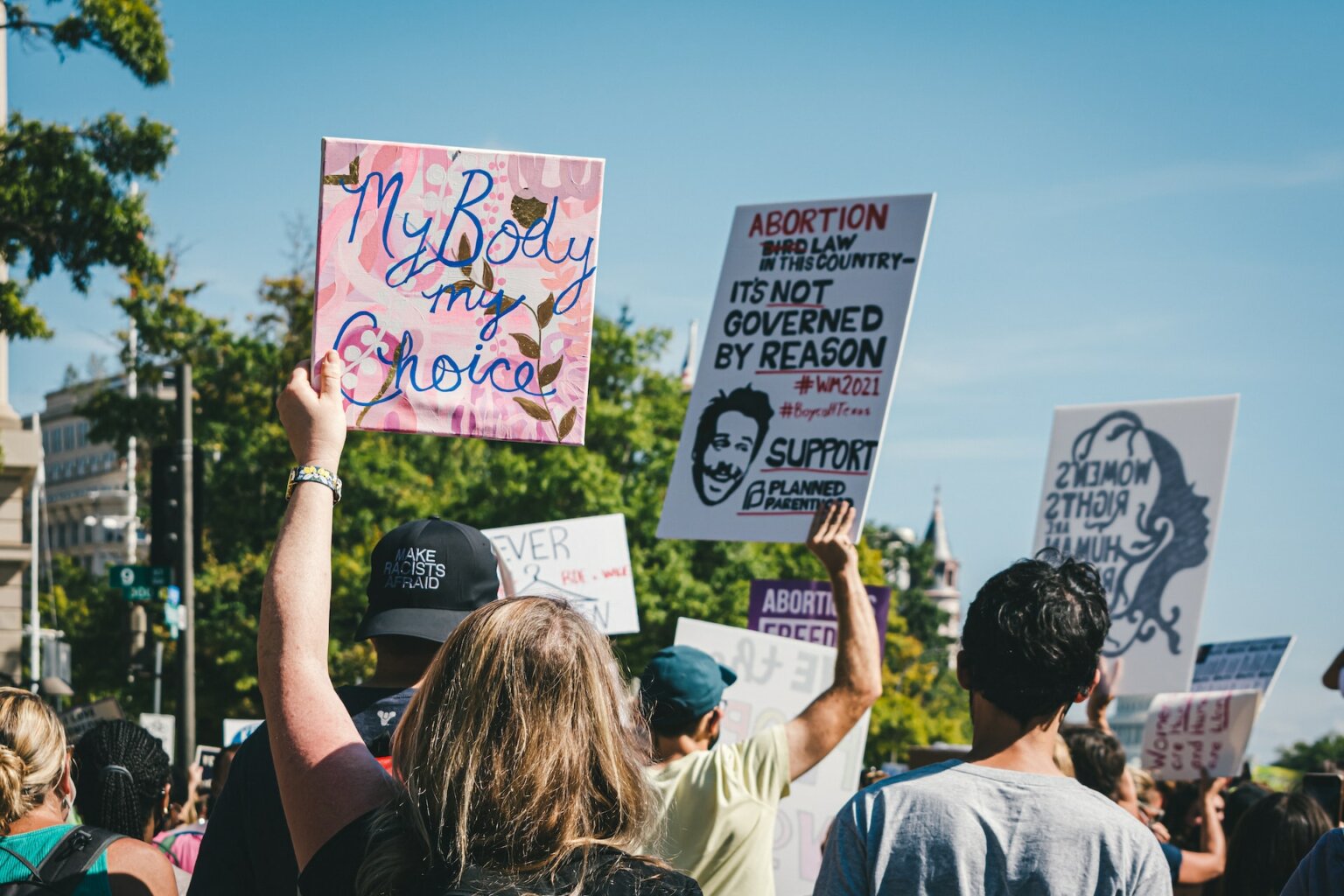- About
- Topics
- Picks
- Audio
- Story
- In-Depth
- Opinion
- News
- Donate
- Signup for our newsletterOur Editors' Best Picks.Send
Read, Debate: Engage.
| topic: | Women's rights |
|---|---|
| located: | United Kingdom |
| editor: | Abby Klinkenberg |
On 15 August, Scotland became the first country in the world to publicly offer period products free of charge to all who need them. Tampons and sanitary pads are now supplied in public spaces like “libraries, swimming pools, public gyms, community buildings, town halls, pharmacies, and doctors offices” across the country. While this recent development has been hailed as a victory for gender parity and de-stigmatisation of menstruation, the fight against period poverty (“inadequate access to menstrual products, hygiene facilities, waste management and education”) is only getting underway as period products are still unfairly taxed and remain prohibitively expensive in many parts of Europe.
Scotland has been leading the European fight against period poverty since 2018, when it mandated that period products be made free and available to students in all educational institutions. Legislation to expand the free provision of period products to the entire public sphere was introduced by Member of Scottish Parliament (MSP) Monica Lennon in 2019, under the ‘Period Products (Free Provision) (Scotland) Bill.’ It was unanimously passed by the Scottish Parliament in November 2020, reiterating the Scottish commitment to combating inequitable access to menstrual products. The legislation is phrased in gender-neutral language: period products should be free and available to “anyone who needs them.” Beyond its progressive language, the law further stipulates that access should be “neither complex nor bureaucratic,” facilitated “reasonably easily,” and ensure “reasonable dignity.” Scotland’s 32 councils are left to determine their own logistical arrangements.
Commenting on the successful enactment of the law, Scottish Social Justice Secretary Shona Robinson said, “Providing access to free period products is fundamental to equality and dignity, and removes the financial barriers to accessing them.” It should also be noted that access is ensured without need for either justification or the provision of personal information. Developed with support from the Scottish government, the mobile app PickupMyPeriod connects individuals to sites offering the free products – it even has a home delivery option to further guarantee ease of access. This legislation also strives to help normalise menstruation by funding an anti-stigma campaign and educational resources. As MSP Lennon told the New York Times, “We are witnessing a massive culture change, where period stigma is no longer being tolerated. There’s more emphasis on menstrual well-being and a renewed focus on tackling medical misogyny.”
The tides are indeed turning: since 2015, a slew of European countries have reduced the tax burden placed on those buying menstrual products. Countries like France (2015), Belgium (2018) and Germany (2020) have slashed the tax on period products from around 20 percent to around five percent. After leaving the EU in January 2021, the UK did away with the ‘tampon tax’ entirely: it had previously been subject to EU legislation that required products be taxed at a minimum rate of five percent. In April 2022, this constraint was removed, opening up the door for EU countries to lower the tax rate on these products even further.
While the trend across the continent seems to be towards lower taxes on period products - and, perhaps soon, free provision - some countries remain obstinate. In Hungary under overtly conservative President Viktor Orbán, for instance, the tax rate on menstrual products remains at a staggering 27 percent. Croatia and Sweden similarly apply a 25 percent tax. Outside of the EU, activists in Kosovo have been urging the government to scrap its 18 percent tax on period products. The situation is rendered more complex by the fact that the minimum wage for those under 35 in the country is €130 per month and only 14 percent of women in Kosovo are officially employed (a large portion of the country operates in semi-formal grey economy) – in this context, spending over €10 per month on period products is a disproportionate burden on menstruating people.
That everyone in Scotland now has the legal right to free and accessible period products is an undeniable victory for advocates of gender equity and reproductive rights. The process to achieve similar ends may not be as linear across the European continent, but, as MSP Lennon tweeted in the wake of her law’s recent enactment, Scotland may be “the first but it won’t be the last’ to provide free and accessible period products to the public.
Photo by Josefin

